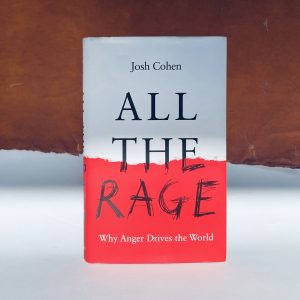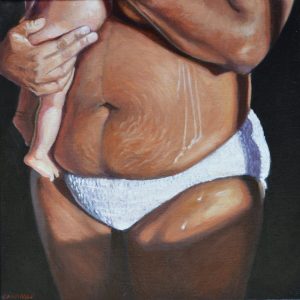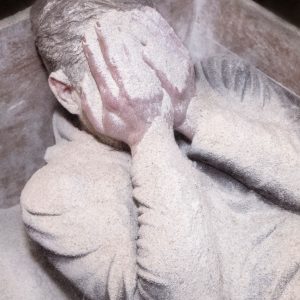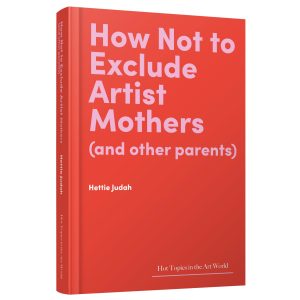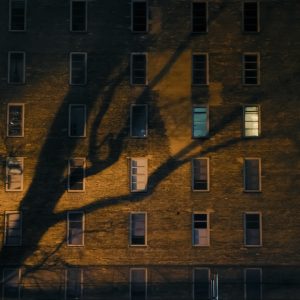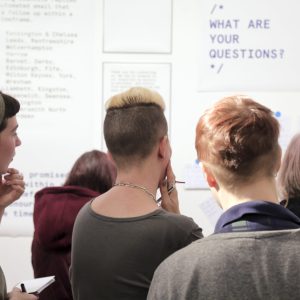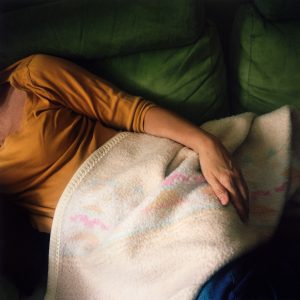All the Rage: An Interview with Josh Cohen
“Anger just feels like the dominant color and flavor and aroma of the world we’re in, it feels very hard to move mentally or physically without coming into contact with anger […] and because it’s all around us, it’s also inside us all the time.” —Josh Cohen, in our interview on the pervasiveness of rage.
Traveling in Difficult Truths Toward Elusive Mercy: An Interview with Steve Almond
“Literature is one way to remember that everybody else is suffering and that your imagination has to take in their suffering and their motives. If you really grant everybody mercy, you will get to the bottom of the truth.”—Steve Almond, in our interview on storytelling.
Boys Who May One Day Be Monsters: An Interview with Elizabeth Clark Libert
“I didn’t set out to make this work with the mission for it to be therapeutic. It occurred organically, step-by-step. An awareness would hit me that I’ve got shit I need to deal with here, and then again here.”—Elizabeth Clark Libert, in our interview on raising boys as a woman.
True Labor: An Interview with Lupita Carrasco
“A lot of the expression in my work comes from the isolation of motherhood. […] I’m bearing witness and I have a real desire to give those moments the same type of importance as a presidential portrait or a great war battle.”—Lupita Carrasco, in our interview on caregiving and creation.
The Profane and the Divine: An Interview with Pierre Liebaert
“When you do something very important, you change deeply and it’s impossible to go back. Every cell in your body is changed. This is why you have to be prepared.”—Pierre Liebaert, in our interview on rituals.
The Artist-Mother Paradigm: An Interview with Hettie Judah
“There is no artist mother paradigm. So, when I, as a middle-aged woman, make art, people assume it’s my nice hobby. They don’t take me seriously because it’s not a paradigm that we celebrate or that’s particularly visible, culturally. But being an artist mother is an identity that, once it’s articulated, people feel very strongly.”—Hettie Judah, on the artist mother identity.
Creativity on Demand: An Interview with Dina Litovsky
“I have to be creative on demand, because if I mess up an assignment then I’m probably not going to get a callback. That editor, or that publication, is not going to hire me again. And that is a very stark reality of photography, right? You have to be at your optimal all the time.”—Dina Litovsky, on being creative on demand.
A Determination to Co-Produce: An Interview with Anthony Luvera
“What gives me the right to be able to do this? And, what gives me the right to be able to go about it in the way that I expect to go about it?”—Anthony Luvera, in our interview about about collaborative process and his co-created book, Frequently Asked Questions.
The Power of State-Created Reality: An Interview with Debi Cornwall
“State-created realities are designed to perpetuate power by those who hold it, no matter who is in office.”—Debi Cornwall, in our interview about her forthcoming photobook, Necessary Fictions.
Working Through Loss: An Interview with Photographer Alicja Dobrucka
“You have to be able to live with the work. Some images, if they reveal too much, you just don’t fancy living with them.”—Alicja Dobrucka, in our interview about her photobook, I like you, I like you a lot.

